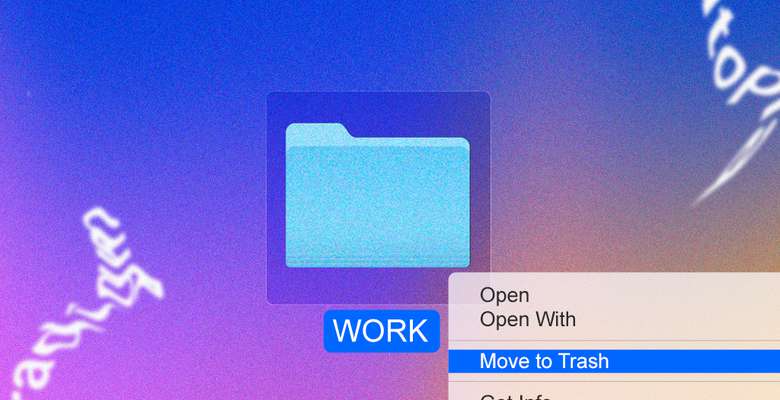Idea by
Andra Bria, Eric Wycoff Rogers
Call for ideas 2021
The Post-Work City Visions
The Post-Work City Visions

- Systemic changes
The prospect of a post-work city demands a total rethinking of the existing spatial organization of society, since contemporary cities are designed with one particular universal in mind: the pervasiveness of work. Work has not only dominated our political imaginaries (from “right to work” policies, to political platforms of “job creation”, economic security has tended to be unquestioningly tied to employment), but also the very landscapes in which we live our lives.
The Post-Work City (https://postwork.city/) is a daring call for arts which aims to gather artistic submission in the form of architectural designs that can offer new visions of how cities of the future might look like, in a reality dominated by artificial intelligence and robotics. Connecting post-work politics to urban design is an important issue to be discussing today, especially in the pandemic context, which has caused many of us to wake up to the fact that the ideology of perpetual work is itself inherently flawed.
The Post-Work City Visions
The Post-Work City Visions

- Systemic changes
The prospect of a post-work city demands a total rethinking of the existing spatial organization of society, since contemporary cities are designed with one particular universal in mind: the pervasiveness of work. Work has not only dominated our political imaginaries (from “right to work” policies, to political platforms of “job creation”, economic security has tended to be unquestioningly tied to employment), but also the very landscapes in which we live our lives.
The Post-Work City (https://postwork.city/) is a daring call for arts which aims to gather artistic submission in the form of architectural designs that can offer new visions of how cities of the future might look like, in a reality dominated by artificial intelligence and robotics. Connecting post-work politics to urban design is an important issue to be discussing today, especially in the pandemic context, which has caused many of us to wake up to the fact that the ideology of perpetual work is itself inherently flawed.